Emergency Contact Numbers
Country code: 976
Police: 102
Ambulance: 103
SOS Medica Private Emergency Hospital in Ulaanbaatar: 9191 3122
Intermed Private Hospital in Ulaanbaatar: 7700 0103
SIXT: 8900 7259, 8600 7259
Please review the instructions videos on the tablet before your departure and do not hesitate to ask any questions. A SIXT Mongolia staff member will be happy to assist.
Health Conditions
All participants should be in very good condition before starting this trip. We advise you to visit your doctor and conduct a health check before the trip. Pregnant women as well as travellers with heart problems should not go on this trip.
General Safety
Whilst driving through Mongolia, normal safety precautions should be taken, however, Mongolia’s remote regions are generally very safe for tourists. Unlike many other holidays, during a self-drive trip you will need to carry cash to pay for road tolls and other expenses, as well as your passport and driving documents to show police and border officials. Always keep these to hand, but not in full view. Copies of passports are extremely useful and essential for any type of trip – remember to save a photograph or scan to your online cloud or email address just in case and have it available offline as well. Cash is also useful on the road as many roadside stops, due to their remote locations, do not accept card payments. Never keep cash in one place, spread it around, in wallets, purses, pockets, suitcases.. so that even if you lose your wallet, you will still have some cash available. 1 EUR converts into approximately 3,000 Mongolian Tugriks (MNT).
Road Conditions
The conditions are very mixed, particularly in the remote regions. About half of the roads are tarmacked. On these roads you need to pay attention at all times for potholes. Pay particular attention when overtaking another car or truck as roads are not very wide and the other vehicles on both cars might need to escape a pothole or animal crossing the road. Avoid driving at after sunset. If you do drive in the dark please lower your speed to maximum 50 km/h due to the high amount of animals crossing the road. During the day and when the road conditions allow it, the maximum allowed speed on main roads is 80 km/h. On unpaved roads, normal precautions must be taken, which include driving a slower speed to avoid large stones damaging the vehicle, ensuring that the surface is safe after rain and avoiding areas of deep sand or mud. Do not leave tracks or drive across the grass. Rocks and wholes outside the tracks will quickly damage the vehicle. Keep your driving speed below 50 km/h at all times and keep the ground clearance in mind, especially on a bumpy track. Keep distance to cars in front of you to avoid losing sight of the road conditions in front of you due to dust clouds.
Tolls
Travelling on the main roads of Mongolia, you will pass through toll gates and be expected to pay the given fee (usually 500-2.000MNT). For this reason, ensure that you always have cash on you ready to pay.
Language
Mongolian is spoken throughout Mongolia and Kazakh in the far Western province, and when driving in Mongolia it is always useful to know a few phrases – directions can be particularly useful! Keeping a phrasebook in the car is an excellent way to ensure you can ask for help or simply know how much to pay for fuel.
Navigating
You will receive detailed instructions for your navigation in the beginning of your trip. Besides the navigation app on the tablet we recommend you to download
maps.me on your smartphone (please download the map of Mongolia before the trip). Although modern technology is excellent when navigating in Mongolia, it is always useful to have a local map too just in case of battery failure or lack of signal. The are very few road signs in Mongolia and the quality of roads varies a lot. Do not change your route unless it is absolutely necessary.
Mobile Reception
Large parts of the countryside offer no cell reception but almost every village and town along your way will have a well working 4G network. We encourage you to download offline working maps, music and important documents before you leave an area with reception. A local prepaid SIM card with internet will be provided by Follow The Tracks and will be handed to you at the airport or by the hotel receptionist.
Breakdown Procedure
This can vary depending on the breakdown. In any case always check the well-being of all passengers first, equip them with warning vests and secure the location with the warning triangle. In case of breakdown due to flat tire please immediately stop driving as you will otherwise damage the rim. You should first try to change the tire by yourself with the help of the video on the tablet on how to change a tire. The damaged tire should get repaired in the next town, so you will have a spare tire again for the rest of your trip. Call to SIXT in case you need any assistance. Inform the rental company SIXT immediately when you have another breakdown or accident. The contact details are on the rental contract. In order to claim damages from the insurance included in the car rental, do not move from the accident site before you have taken pictures from various angles of the accident and the damage, contacted SIXT and the insurance and the local Traffic Police. A accident report from the police as well as yourself and pictures are mandatory for insurance compensation. Any repair works conducted by a repair center during the trip have to be notified and approved by SIXT.
Signals and Other Drivers
Other drivers in Mongolia are generally very helpful and friendly, and if you get stuck or have a problem, they will probably pull over to check everything is ok. It is common courtesy, when passing on unpaved roads, to slow down and pull over as far as possible to avoid throwing stones and dust towards the other vehicle which could potentially shatter a windscreen. Be aware that although there are few cars on the roads in Mongolia, many are old and poorly maintained, meaning that sometimes they have no working indicators or brake lights – the best practice is to keep your distance.
Fuel
Each village usually has a fuel station and there are several stations along the main paved roads. It is best to always keep topped up at all times. Refuel when you pass a station when your tank is less than ⅔ full and try to stick to larger fuel stations on the main roads as their fuel quality is better. Small fuel stations can contain water in the fuel which can cause a breakdown. Most fuel stations will be serviced and you just have to indicate which fuel type (DIESEL, 92 or 95 BENZIN) you need and how much. You can avoid problems caused by bad fuel with the help of additives from LIQUI MOLY like the Octan Plus (restores the BENZIN fuel power to +3 higher Octane), Fuel System Treatment (helps against water), Super Diesel Additive (restores the DIESEL Fuel power to +3 Cetan and helps against water). You can buy the additives in Ulaanbaatar at the LIQUI MOLY Shop or any of the CARDOCTOR branches.
Hygiene
As this is an adventure journey, you will not have the possibility to have daily showers. However, you will stay in ger camps or hotels every second or third night where showers may be available. We recommend to bring wet wipes and own towels for cleaning whenever you stay in tents. Western standard bathrooms will not be available during camping neither, instead, you will need to find improvised alternatives, adapting to each location individually. When you pick up the car, you will also receive a shovel to dig a toilet hole. Please cover the hole upon your departure and leave the site as you have found it. Mosquito spray and sun protection is recommended.
Use of Plastic / Trash Procedure
Follow The Tracks strives to avoid plastic wherever possible. We encourage you to bring a reusable water bottle. In case you do not use a bottle that has already a water filter built in, please avoid buying small plastic bottles and choose ≥ 5L bottles in order to refill your bottle. Empty water canisters can be given to local families, they often use them to store food. Sadly, you may find a lot of trash on the side of the roads due to careless people, the wind or animals. Please take your rubbish with you at all times and do not litter the environment. We also encourage you to help us keeping the camping sites and more touristic places clean by picking up thrown away rubbish that comes in your sight. Rubbish can be disposed in the towns and villages along your route.
FOLLOW THE TRACKS BUT LEAVE NO TRACES






























